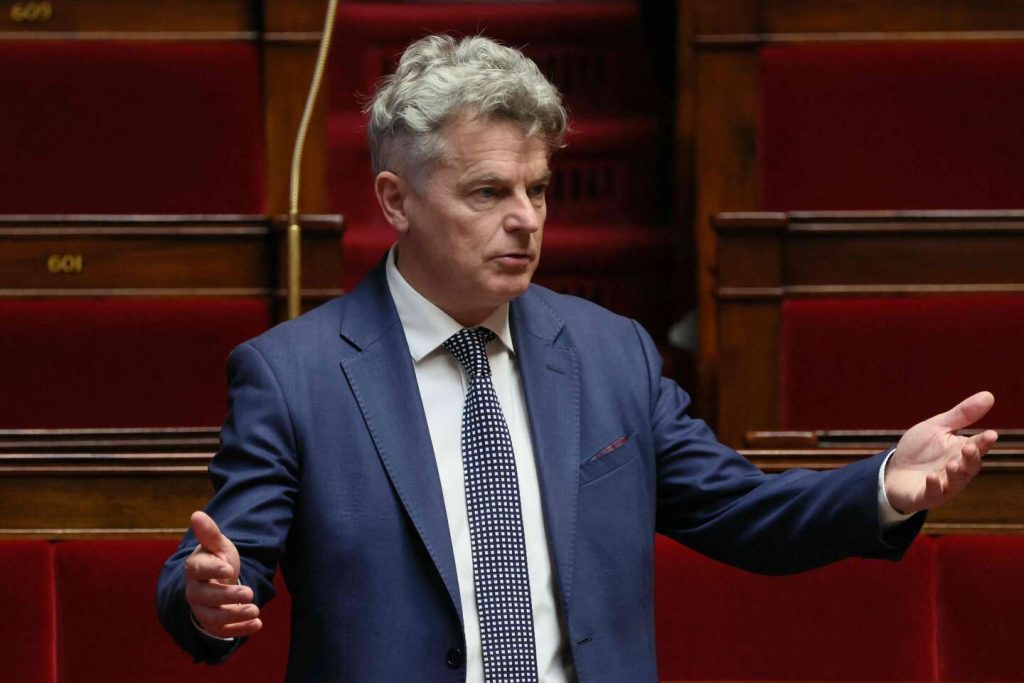Fabien Roussel, the national secretary of the French Communist Party and deputy of the Nord region in the National Assembly, expressed concern on March 19, 2024 about the unprecedented public deficit of 5.5% in 2023. This deficit has been attributed to a slowdown in economic growth and a decrease in tax revenues, leading to a budgetary impasse in France. Senator Claude Raynal of the Socialist Party described the situation as a crisis that requires the government to recognize its mistakes and address the issue of tax revenues.
The emergence of a debate within the majority party on the possibility of taxing super profits has garnered attention from the left. Socialist deputy Christine Pirès Beaune praised Yaël Braun-Pivet for breaking the “taboo” on tax increases during a meeting on March 26. The President of the National Assembly called for exploring all options, including exceptional revenues. This increased pressure for tax reforms may lead to a motion of censure in case of a supplementary budgetary law unless the government takes action. The left-wing parties see this as an opportunity to push for tax reforms.
From the perspective of La France insoumise (LFI), there is optimism about the possibility of taxing super profits. Eric Coquerel, the president of LFI’s finance commission in the National Assembly, believes there is a majority in favor of such measures. While reducing deficits is not a priority for LFI, the state of public finances and the potential threat to social spending give the left a chance to criticize government policies. This situation has created tension between the left-wing opposition and the government on economic policies.
Various political figures have criticized the government for its handling of the economic situation in France. Fabien Roussel accused the government of being “white-collar crooks” on national television, while Marine Tondelier of the Green Party suggested that taxing super profits could provide relief to the French people and protect the environment. Jean-Luc Mélenchon of LFI has engaged in a war of words with the Minister of Economy Bruno Le Maire, accusing him of wanting to increase the VAT, which he considers to be unfair to lower-income individuals. This rhetoric highlights the growing discontent with the government’s economic policies.
Overall, there is increasing pressure on the government to address the economic challenges facing France. The public deficit, coupled with the need to boost tax revenues, has put the government in a difficult position. The left-wing opposition is seizing this opportunity to push for tax reforms and criticize the government’s economic policies. The debate over taxing super profits has sparked a political showdown between the government and the opposition, with both sides vying for control over economic decision-making. The outcome of this debate will have significant implications for the future direction of economic policy in France.


